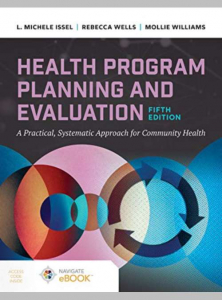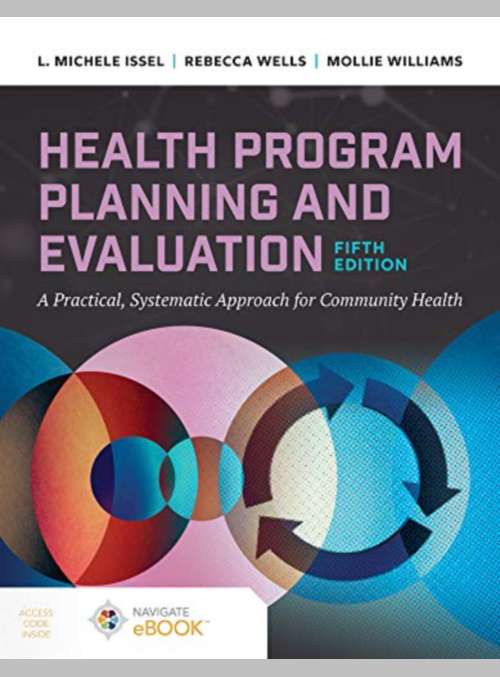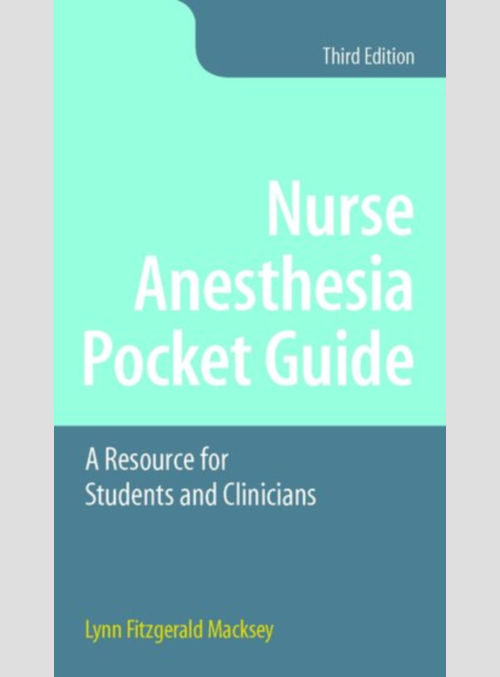原文書庫存數量有限,若有用書需求,建議提前通知備貨,避免耽誤課程,謝謝。
5本以上另有優惠,請洽客服!
Health Program Planning and Evaluation : A Practical, Systematic Approach for Community Health, 5th Edition
L. Michele Issel, Rebecca Wells, Mollie Williams 編著
ISBN 978-1-284-21005-7
2022 | 5版 | J&B出版 | 平裝 | 450頁 | 全彩印刷(附數位教材使用序號)
原價 US$93.95 (NT$2,200)
L. Michele Issel, PhD, RN
Professor, University of North Carolina College of Health and Human Services Department of Public Health, Charlotte, North Carolina
Michele is a Professor in the Department of Public Health at UNC Charlotte’s College of Health and Human Services. She received her doctorate, with a minor in health services research from the School of Nursing at the University of Washington in Seattle. She brings to the graduate course on program planning and evaluation both practical experiences as an evaluation consultant, program evaluator and a director of public health nursing, as well as academic experiences as an evaluation researcher.
Rebecca Wells, PhD, MSHA
Professor, The University of Texas School of Public Health Department of Management, Policy, and Community Health, Houston, Texas
Rebecca earned her masters degree in health services administration and doctorate in health care organization and policy from the School of Public Health at the University of Michigan. She focuses on how safety net hospitals, community centers and community mental health centers, health departments, child welfare, and substance abuse treatment providers serve people with complex needs.
Mollie Williams, DrPH, MPH
Executive Director, The Family Van, Harvard Medical School, Boston, Massachusetts
Mollie Williams is a leader in public health and nonprofit management with expertise in organizational development, strategic planning, and fundraising. She currently serves as Executive Director of The Family Van and is on faculty at Harvard Medical School in the Department of Global Health and Social Medicine. Formerly, Mollie was a Senior Director at Planned Parenthood Federation of America where she led a major initiative to improve access to sexual and reproductive health care in the southern United States. She has a doctorate in public health leadership from the University of North Carolina, Chapel Hill.
Health Program Planning and Evaluation: A Practical, Systematic Approach for Community Health, Fifth Edition carefully walks the reader through the process for developing, implementing, and evaluating successful community health promotion programs. Featuring reader-friendly, accessible language and practical tools and concepts, this invaluable resource prepares students and professionals to become not only competent health program planners, but savvy consumers of evaluation reports and prudent users of evaluation consultants.
Thoughtfully constructed, the authors uniquely use program theory–a conceptual model of program planning and evaluation–throughout the text to reinforce the cyclical nature of the process. Additionally, each chapter concludes with a summary that is organized by levels of the public health pyramid, reinforcing the social-ecological and multi-level nature of health promotion and public health planning.
Section I The Context of Health Program Development
Chapter 1 Context of Health Program Development and Evaluation
Chapter 2 Relevance of Diversity and Disparities to Health Programs
Section II Defining the Health Problem
Chapter 3 Community Health Assessment for Program Planning
Chapter 4 Characterizing and Defining the Health Problem
Section III Health Program Development And Planning
Chapter 5 Program Theory and Interventions Revealed
Chapter 6 Program Objectives and Setting Targets
Section IV Implementing and Monitoring the Health Program
Chapter 7 Process Theory for Program Implementation
Chapter 8 Monitoring Implementation Through Budgets and Information Systems
Chapter 9 Implementation Evaluation: Measuring Inputs and Outputs
Chapter 10 Program Quality and Fidelity: Managerial and Contextual Considerations
Section V Outcome and Impact Evaluation of Health Programs
Chapter 11 Planning the Intervention Effect Evaluations
Chapter 12 Choosing Designs for Effect Evaluations
Chapter 13 Sampling Designs and Data Sources for Effect Evaluations
Chapter 14 Quantitative Data Analysis and Interpretation
Chapter 15 Qualitative Methods for Planning and Evaluation
Section VI Additional Considerations for Evaluators
Chapter 16 Program Evaluators’ Responsibilities






